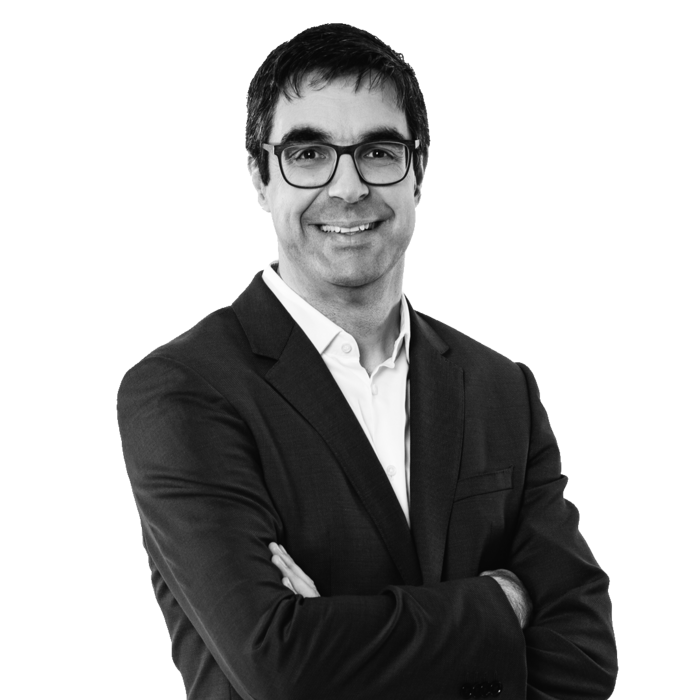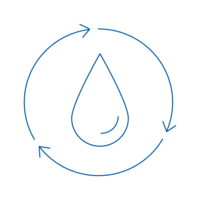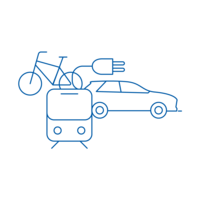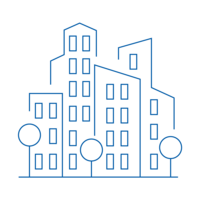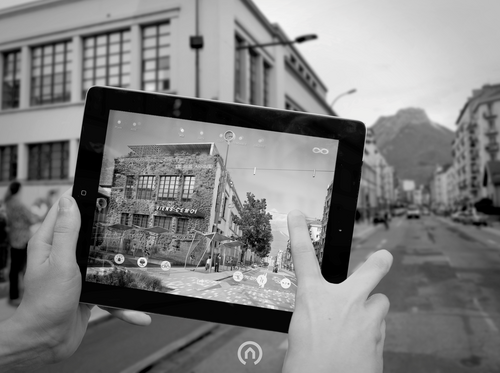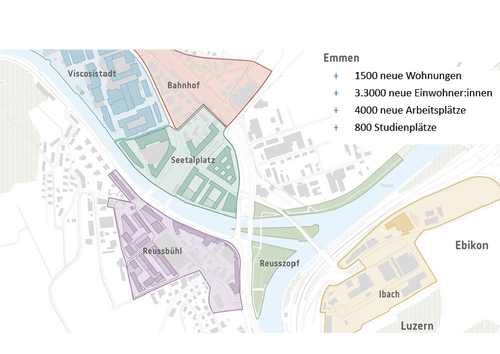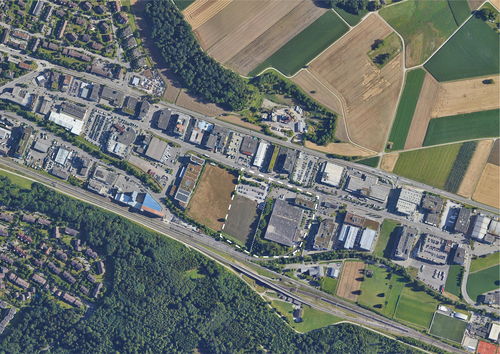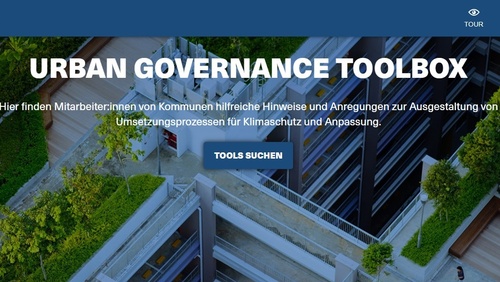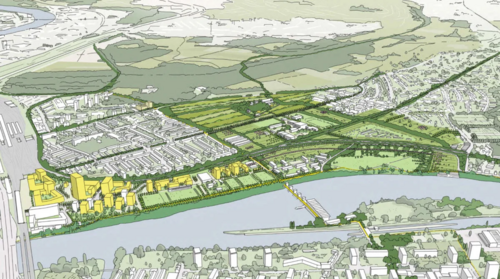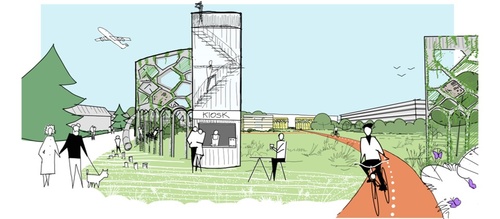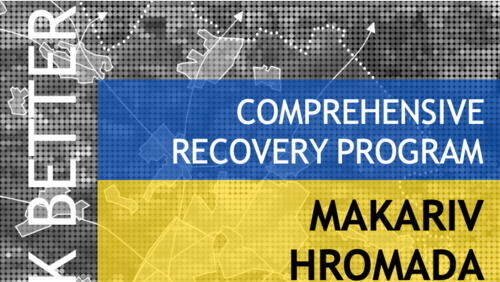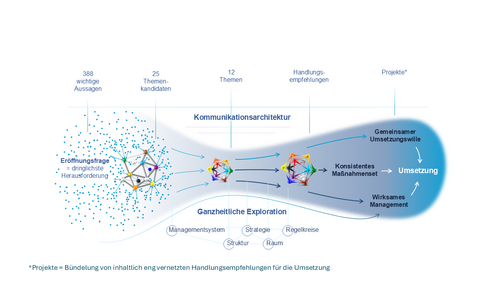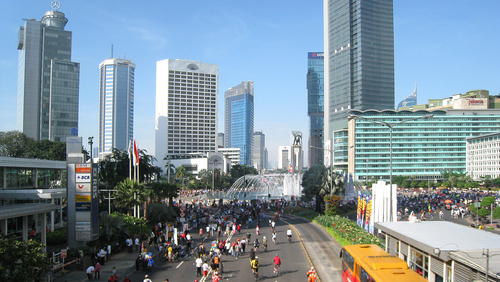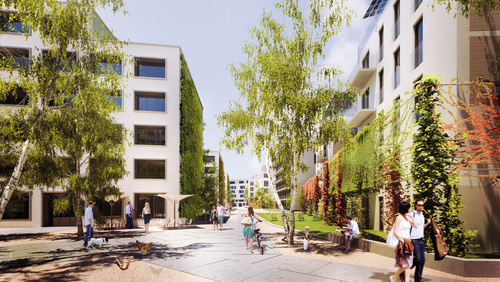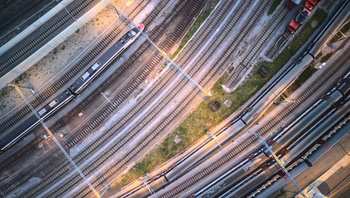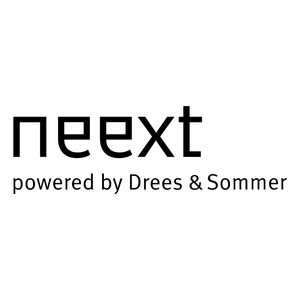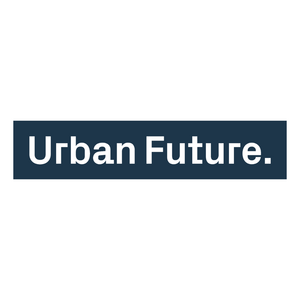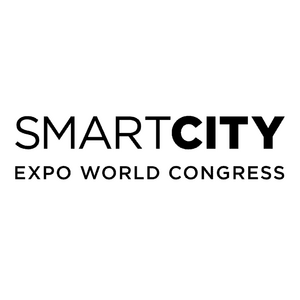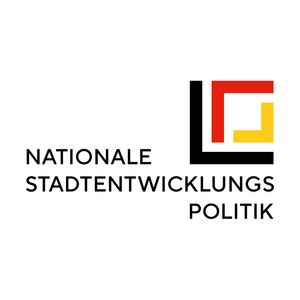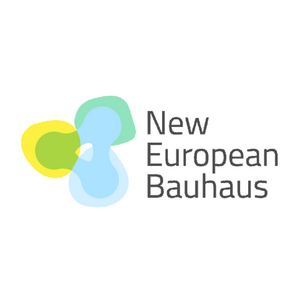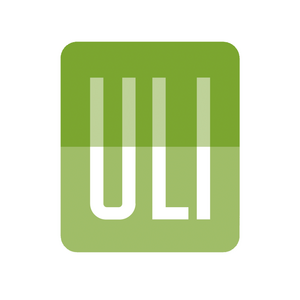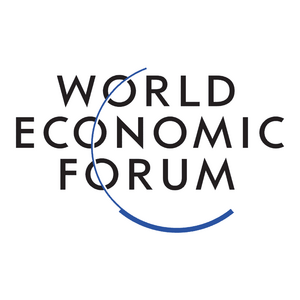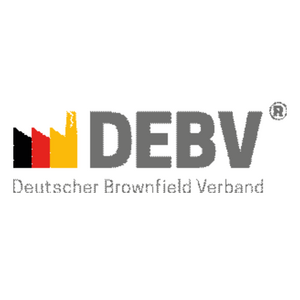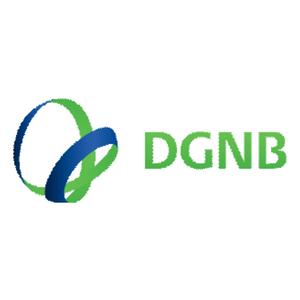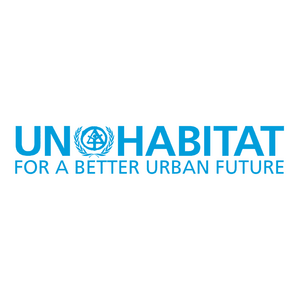
Urban and Infrastructure Solutions
Solutions for the cities of the future
Cities, companies and infrastructure around the world face far-reaching changes. Climate change, resource scarcity, digitization and social change all require new ways of thinking and holistic solutions. According to UN-Habitat, almost 70% of people worldwide will live in urban areas by 2050. The effects of climate change, such as global warming, are more noticeable there than in rural areas.
We therefore need new, interdisciplinary approaches to urban development in order to master these upcoming tasks. With Urban and Infrastructure Solutions, Drees & Sommer Switzerland is pooling its comprehensive urban development expertise and developing concrete solutions for the future. We see the city as a complex system that must be viewed holistically. In concrete terms, this means that spatial, economic, ecological, functional, social and aesthetic aspects must be taken into account in the development of urban spaces.
Our solutions are always user-oriented, location-based and integrated

INTERDISCIPLINARY KNOWLEDGE FOR LIVABLE NEIGHBORHOODS AND CITIES
City districts play a key role in the transformation of society towards greater sustainability. They form the space in which people live and work. This is where social networks are created, urban infrastructure is operated and urban planning, landscape and architectural visions are developed.
Our primary goal is therefore to create a liveable, sustainable and intelligent urban future that preserves the unique identity of cities and places. This requires sustainable effects and synergies for urban development. This requires the combination of ecological, economic, social, innovative and technical solutions, taking into account users and local conditions.
How can this be achieved? Neighbourhoods can be redesigned and optimized through progressive approaches. New developments in the context of redensification or brownfield development offer forward-looking opportunities. Existing urban districts must also be upgraded, for example through energy optimization of buildings, multi-coding of open spaces, redensification and new mobility and usage concepts.
With integrated strategies for the sustainable development of spaces

For decades, we have stood for successful planning, consulting and implementation of complex projects in urban areas, real estate and development consulting and infrastructure management. Are you a developer or responsible for municipal administration? Then we would be happy to support you with our expertise and offer you:
- Participatory strategy development for cities and regions in the form of city labs and stakeholder workshops
- Potential analyses such as inventory analyses, mobility studies, economic studies, climate analysis studies, etc.
- Integrated development concepts for sites and existing districts with a transdisciplinary approach to urban planning, energy, water, biodiversity and open spaces
- Development of spatial visions for the future including guiding principles and goals for cities and neighborhoods based on analytical and evidence-based premises
- Preliminary studies, planning and feasibility studies in the field of urban planning and spatial development
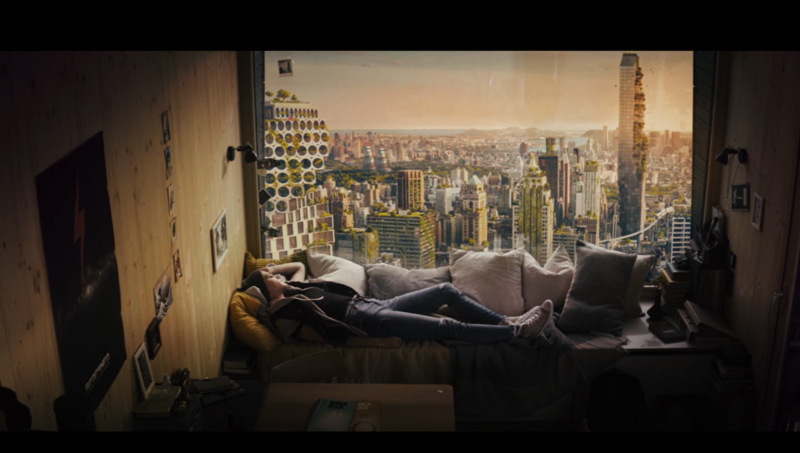
Our national and international network
Our Urban and Infrastructure Solutions team has a broad national and international network of partners. Our most important network partners are:
Let's talk.
We look forward to hearing from you!
Dr. Haris Piplas, Director Integrated Urban Solutions International
haris.piplas(at)dreso.com, +41 79 154 70 24
Ivo Angehrn, Head of Sustainability and Digitalization
ivo.angehrn(at)dreso.com, +41 79 298 50 24

